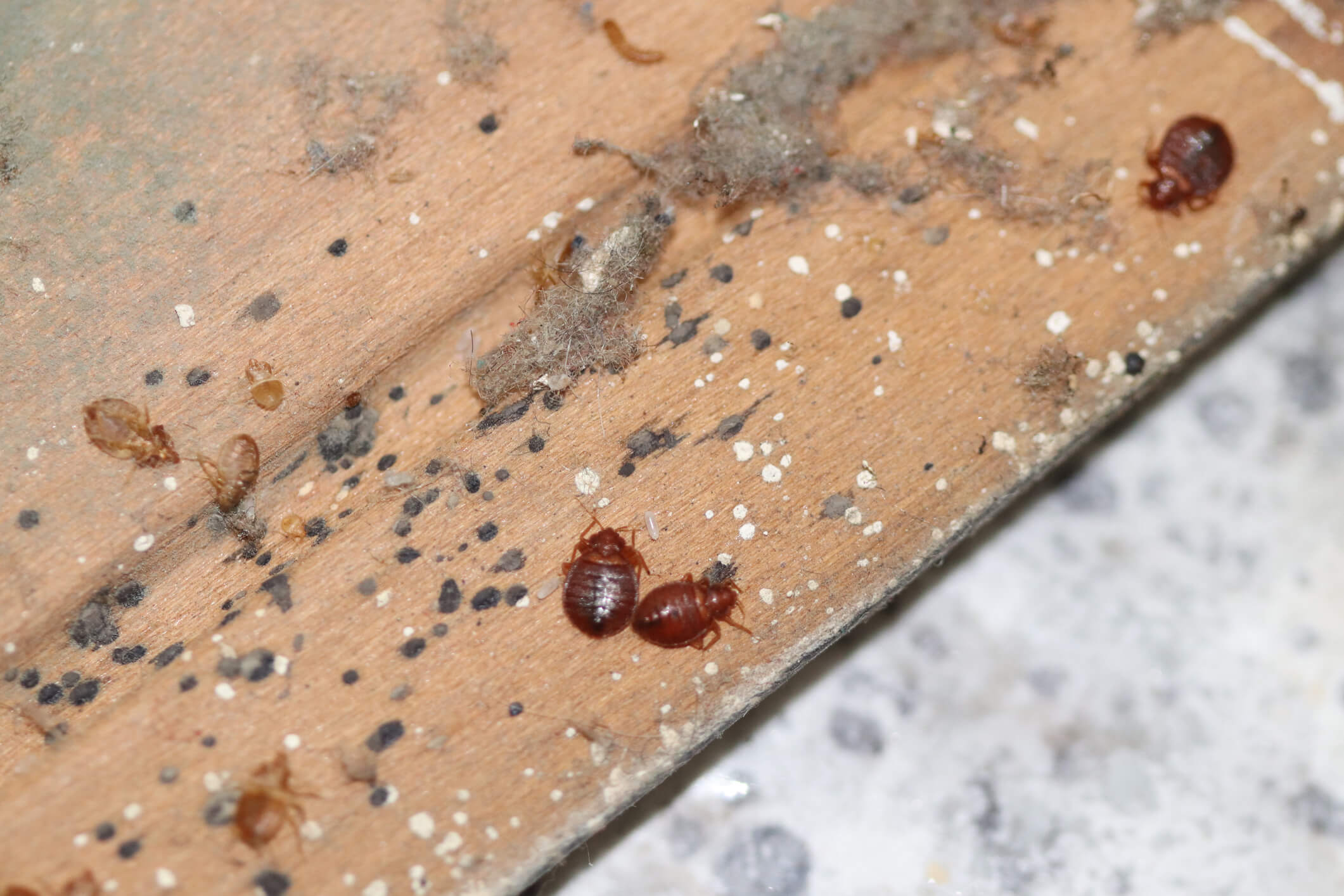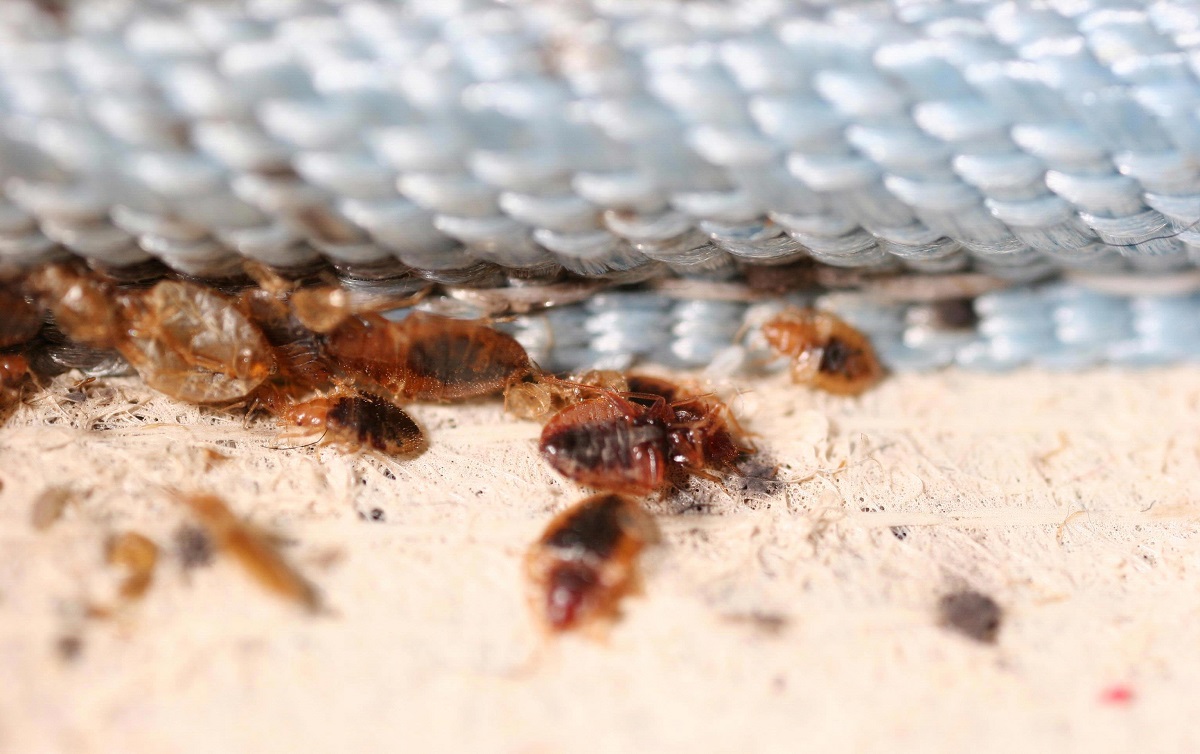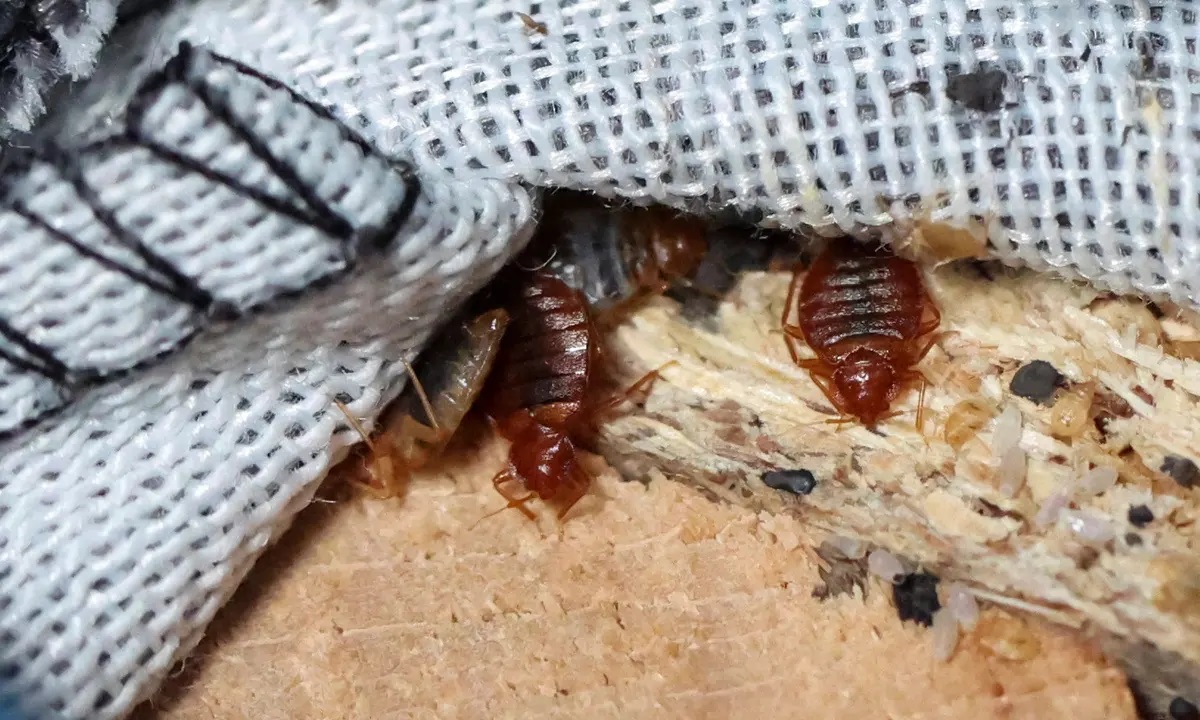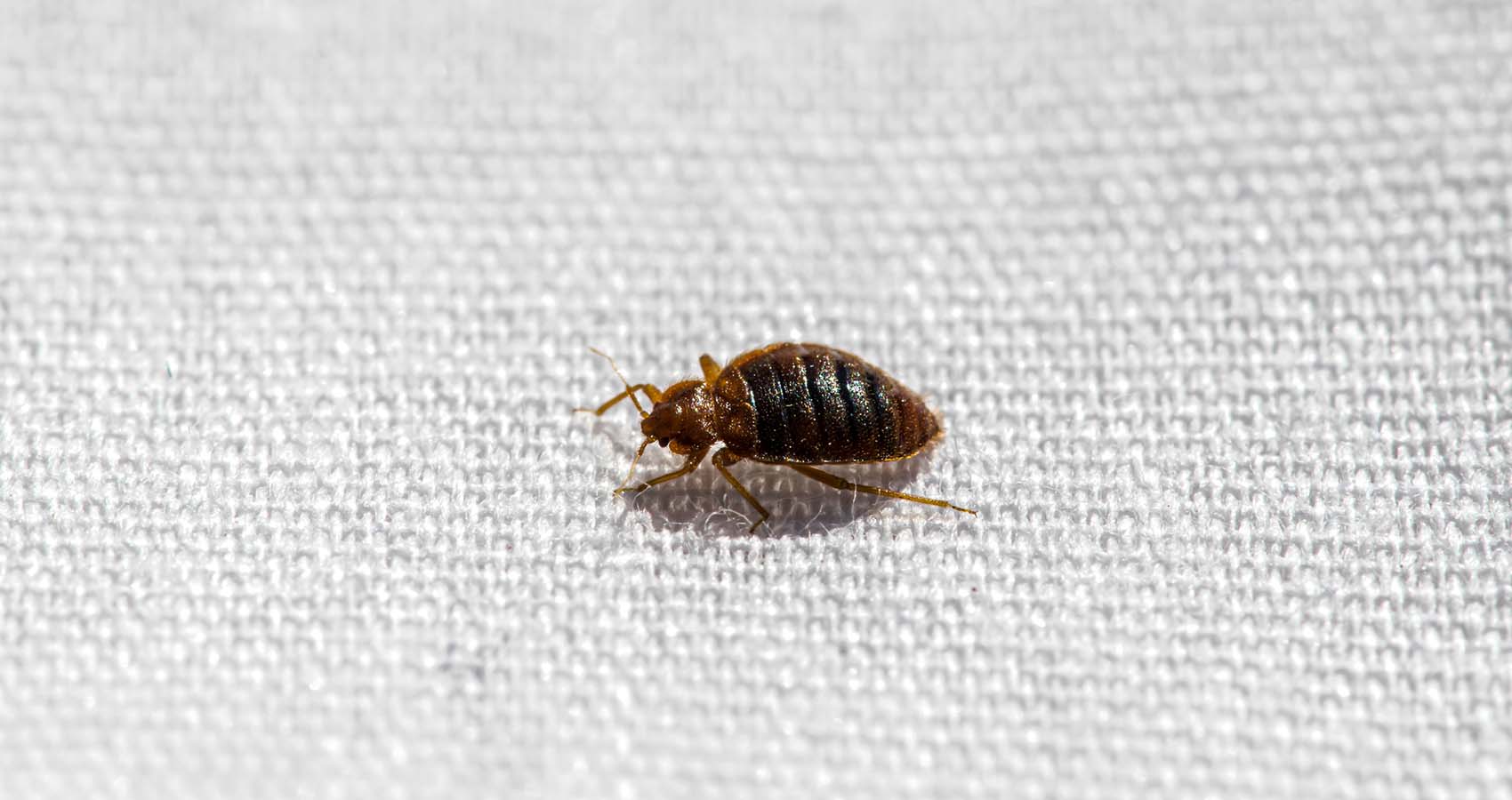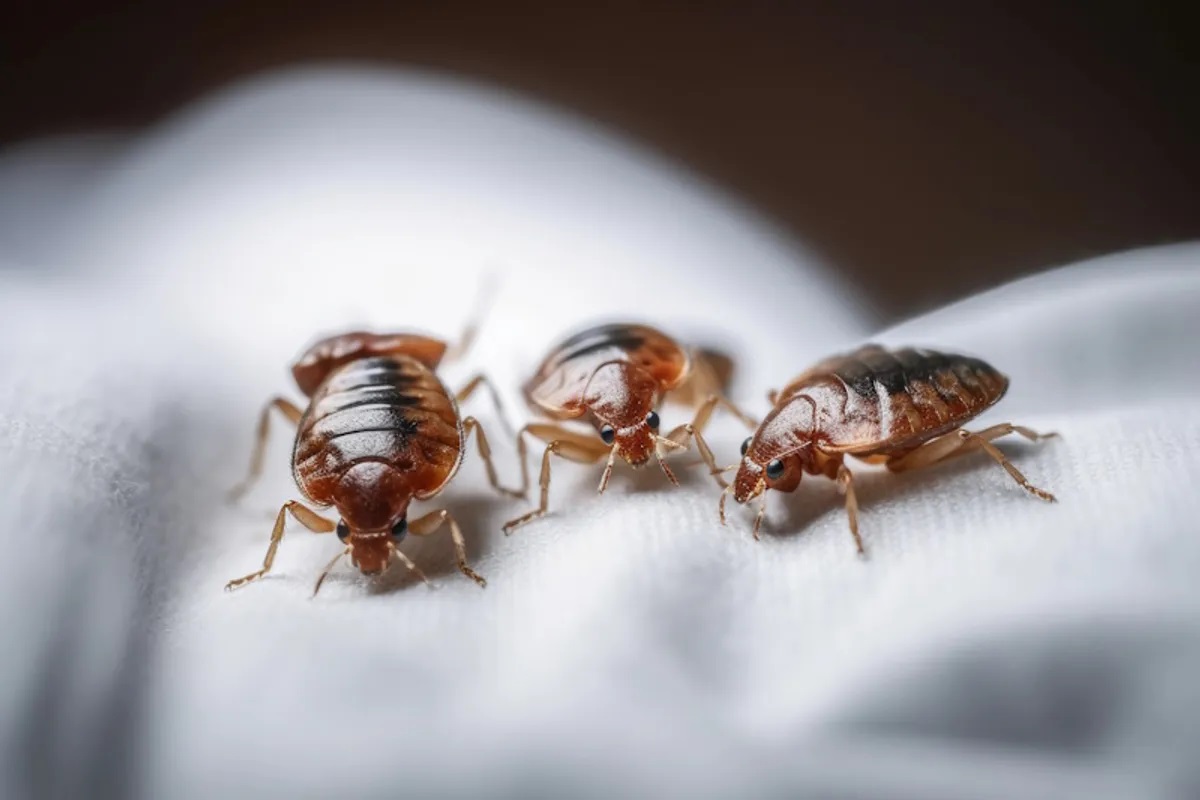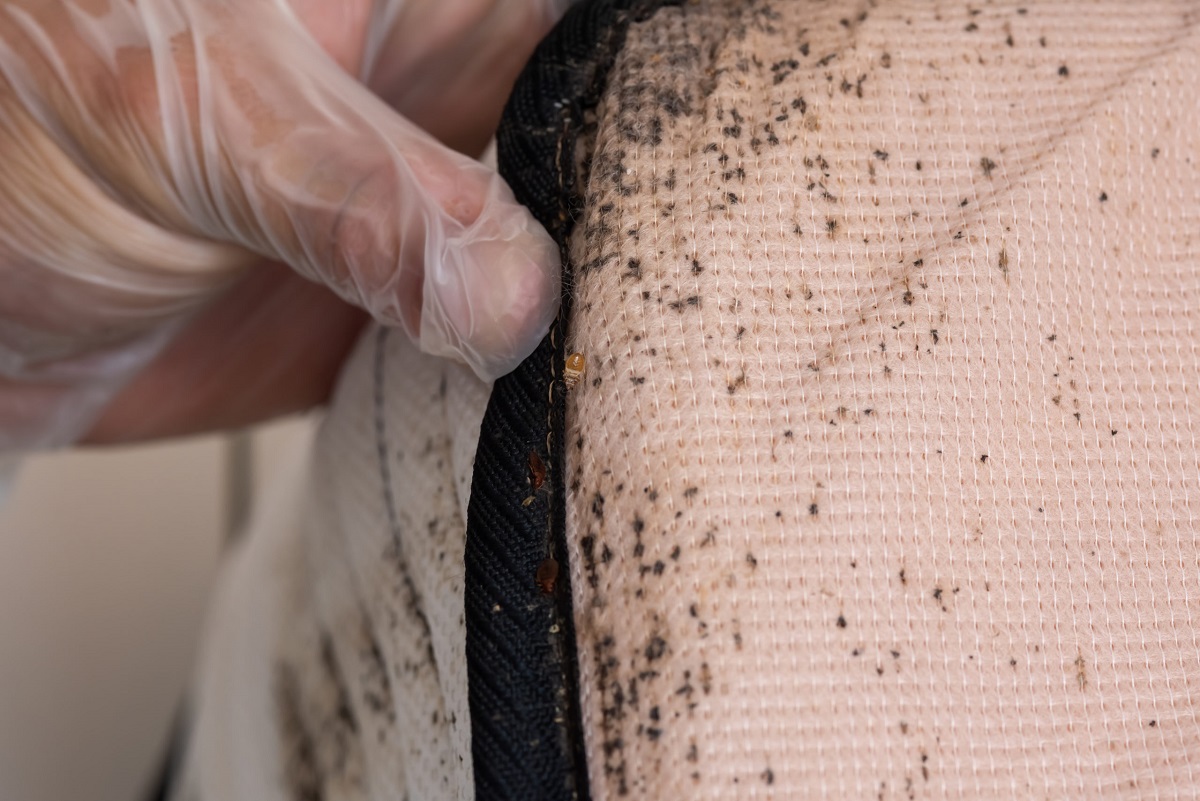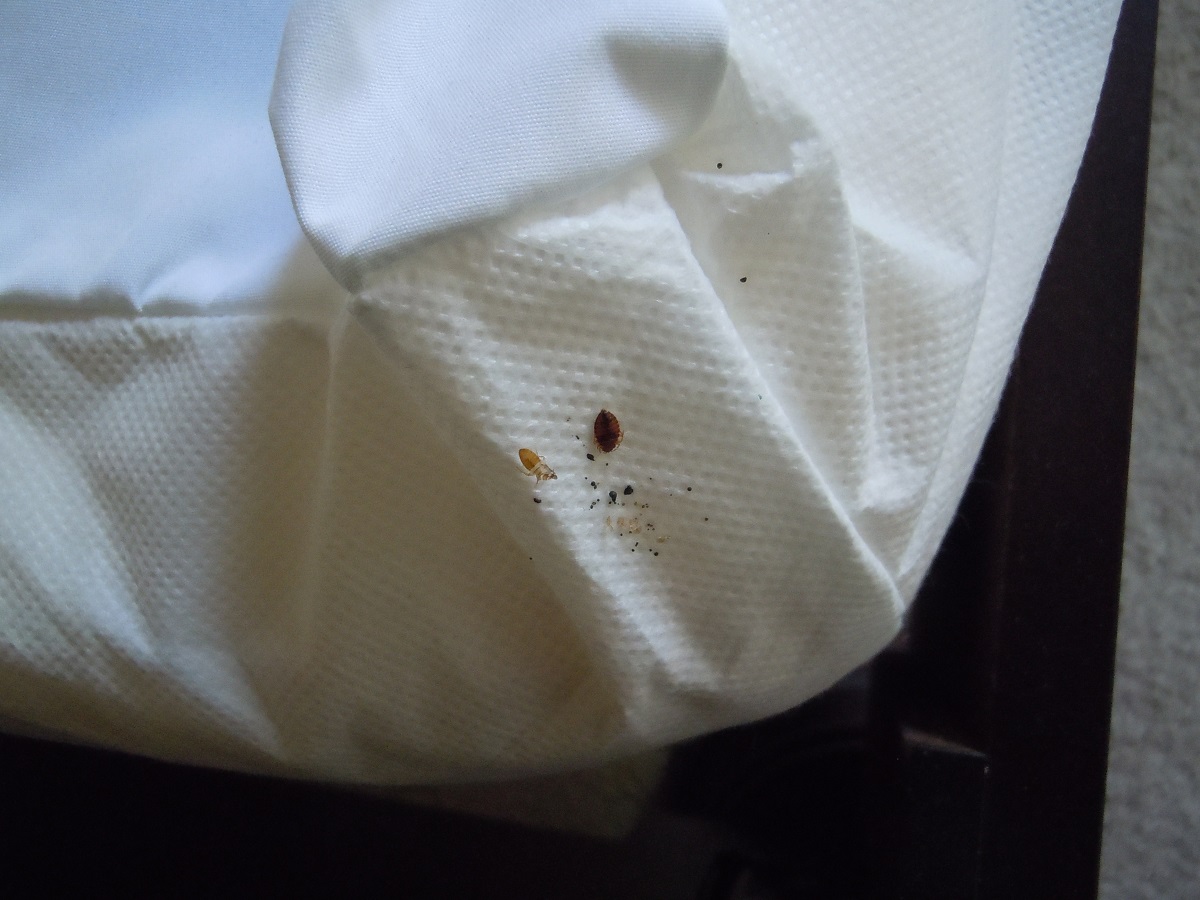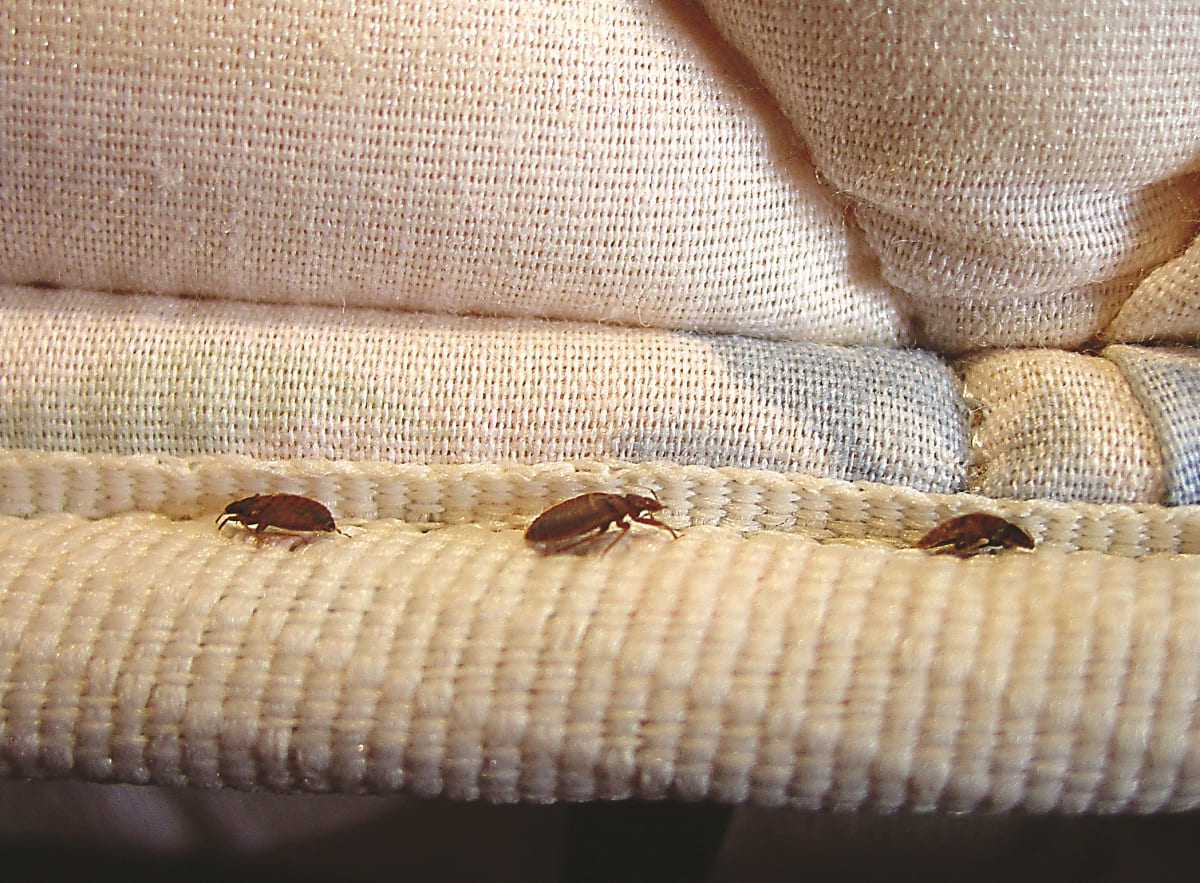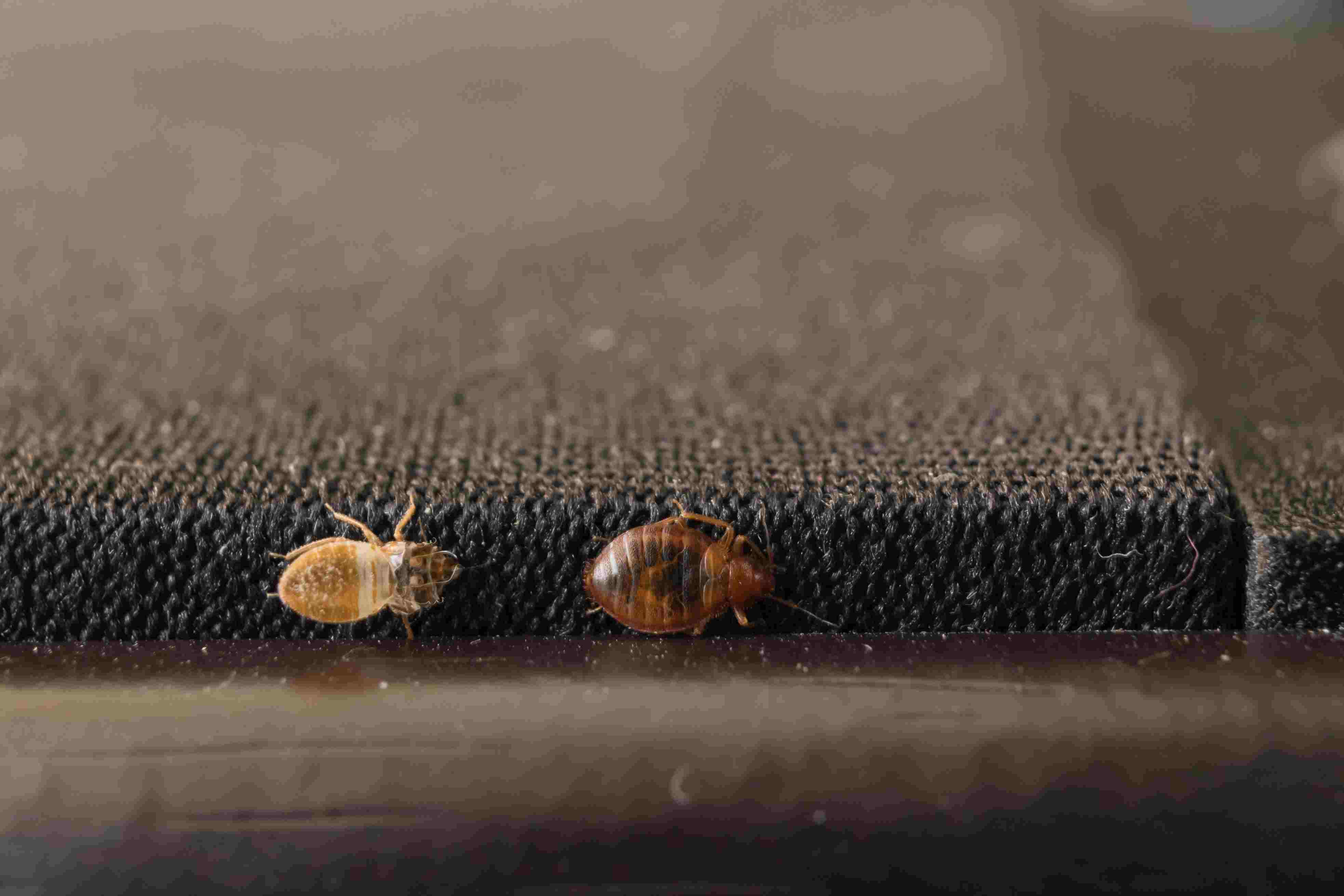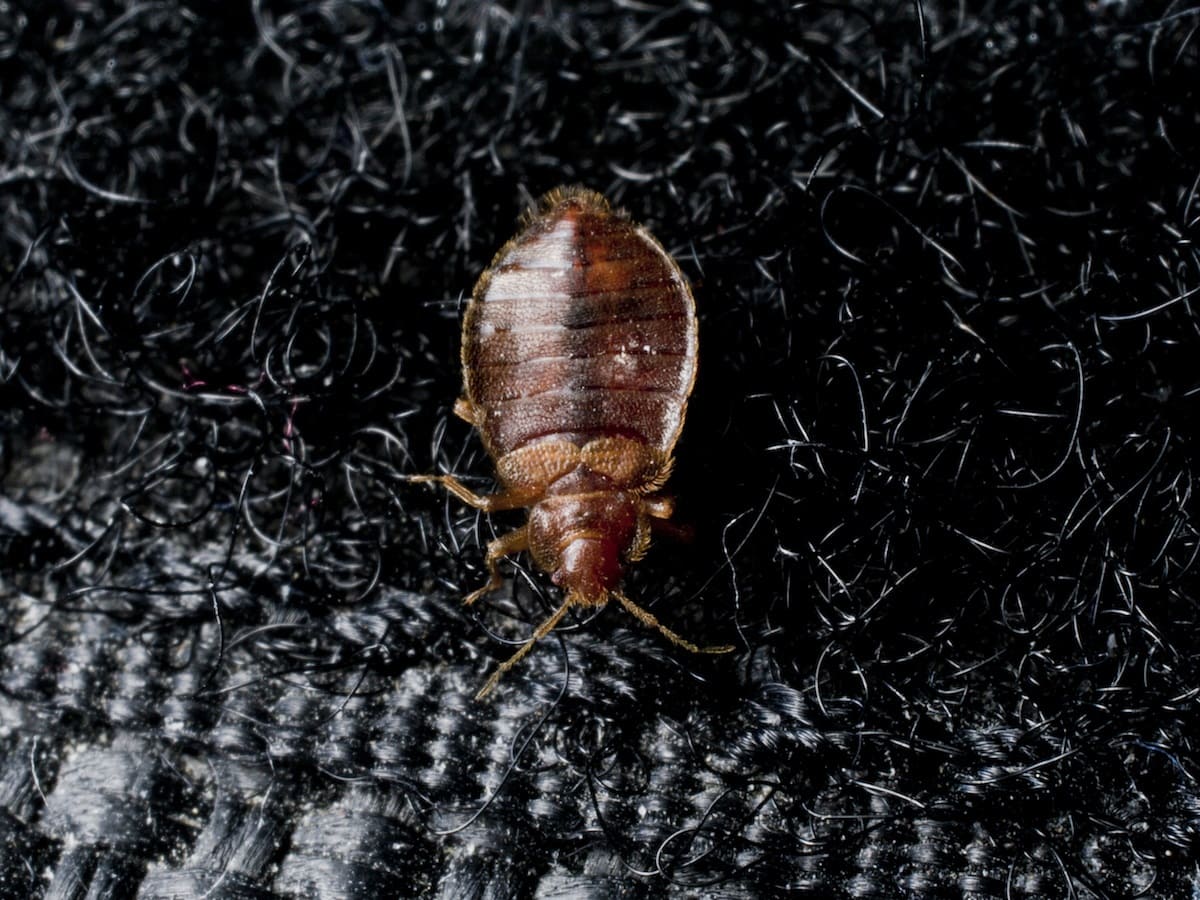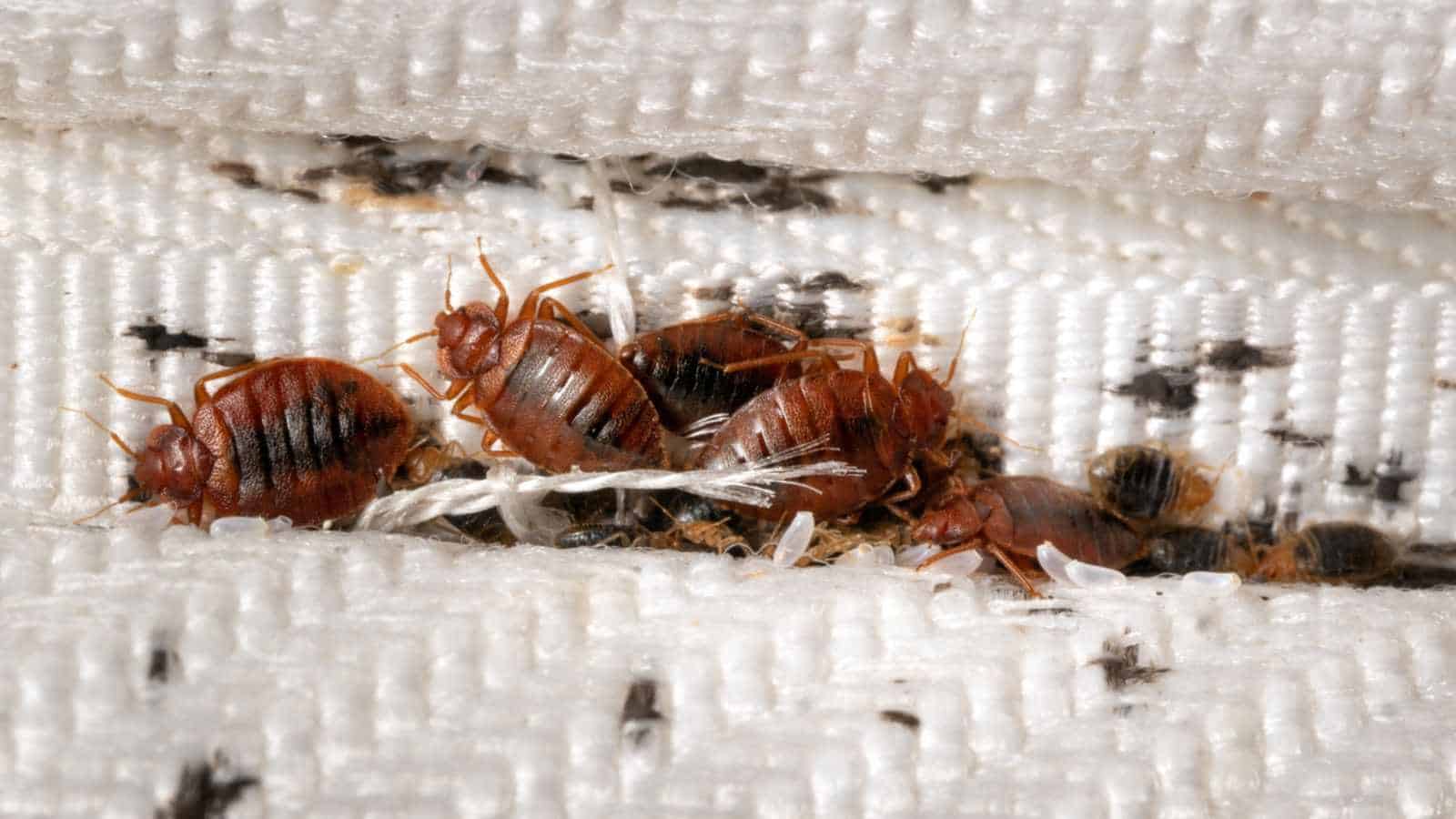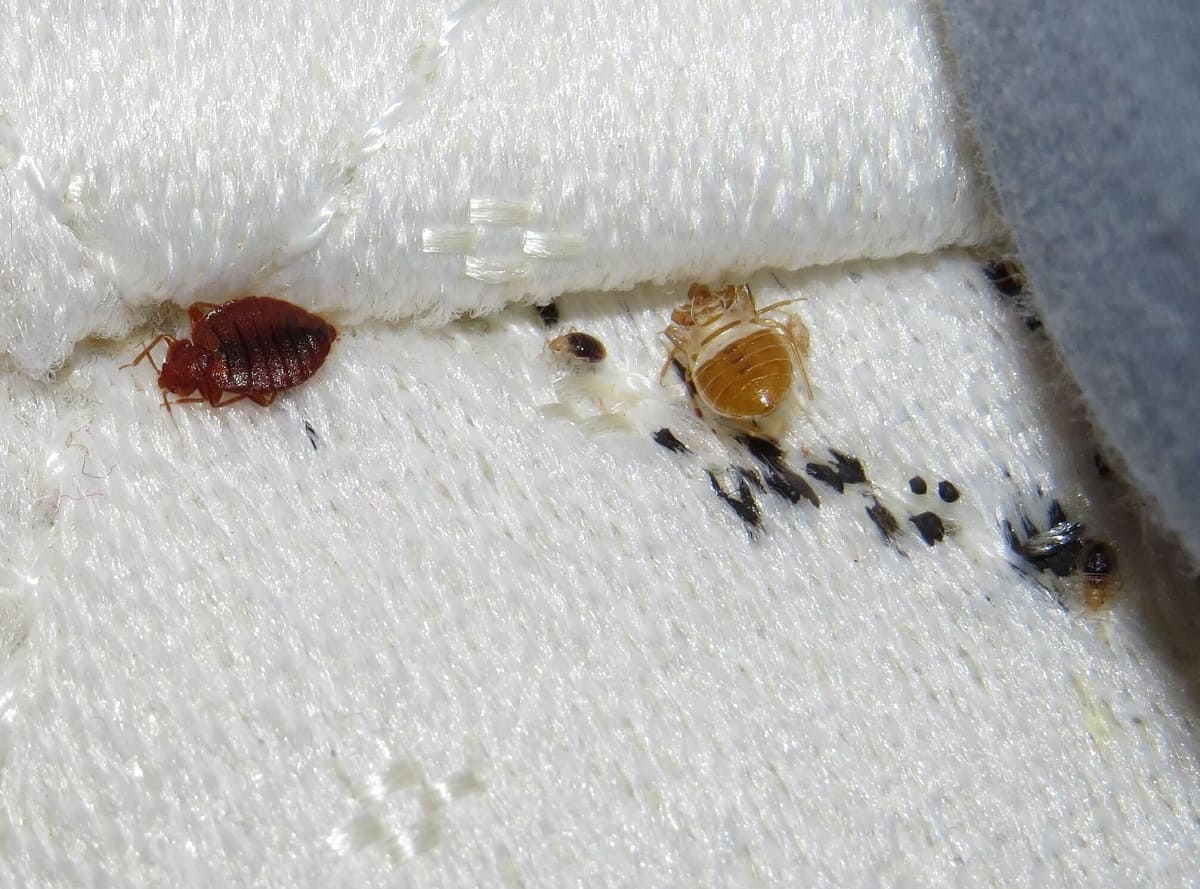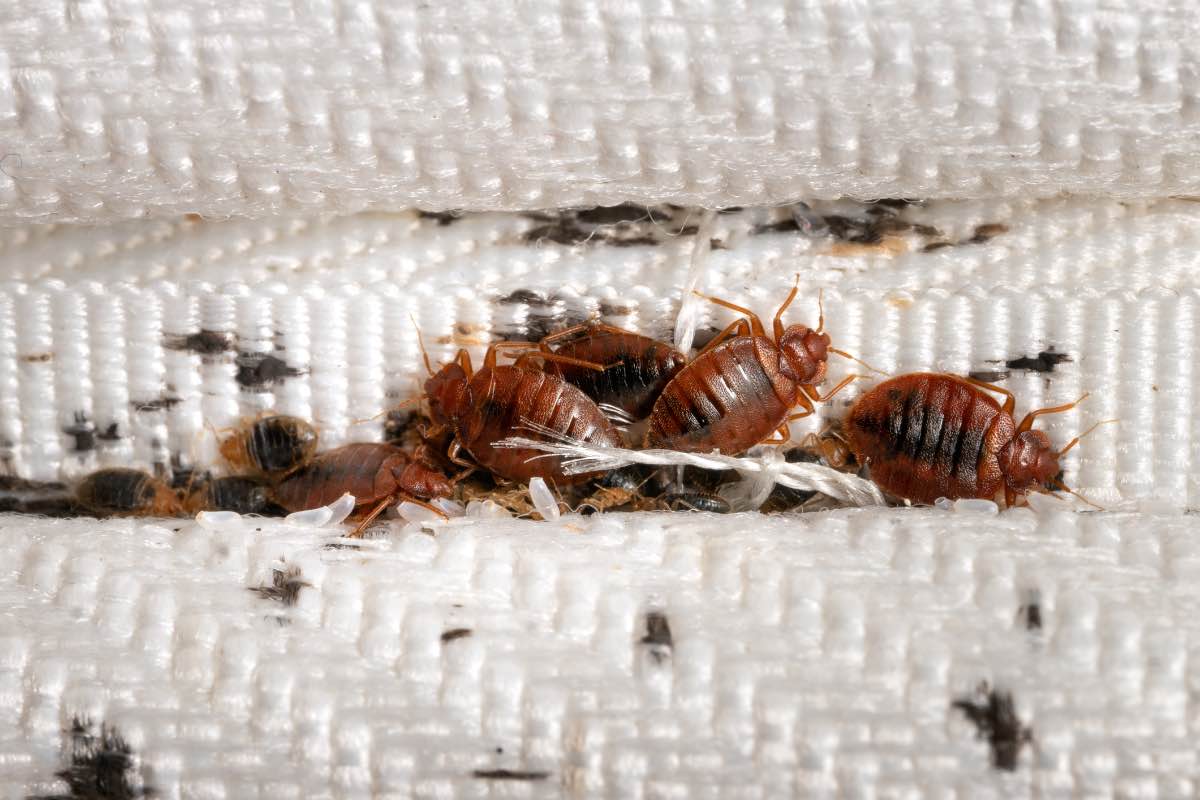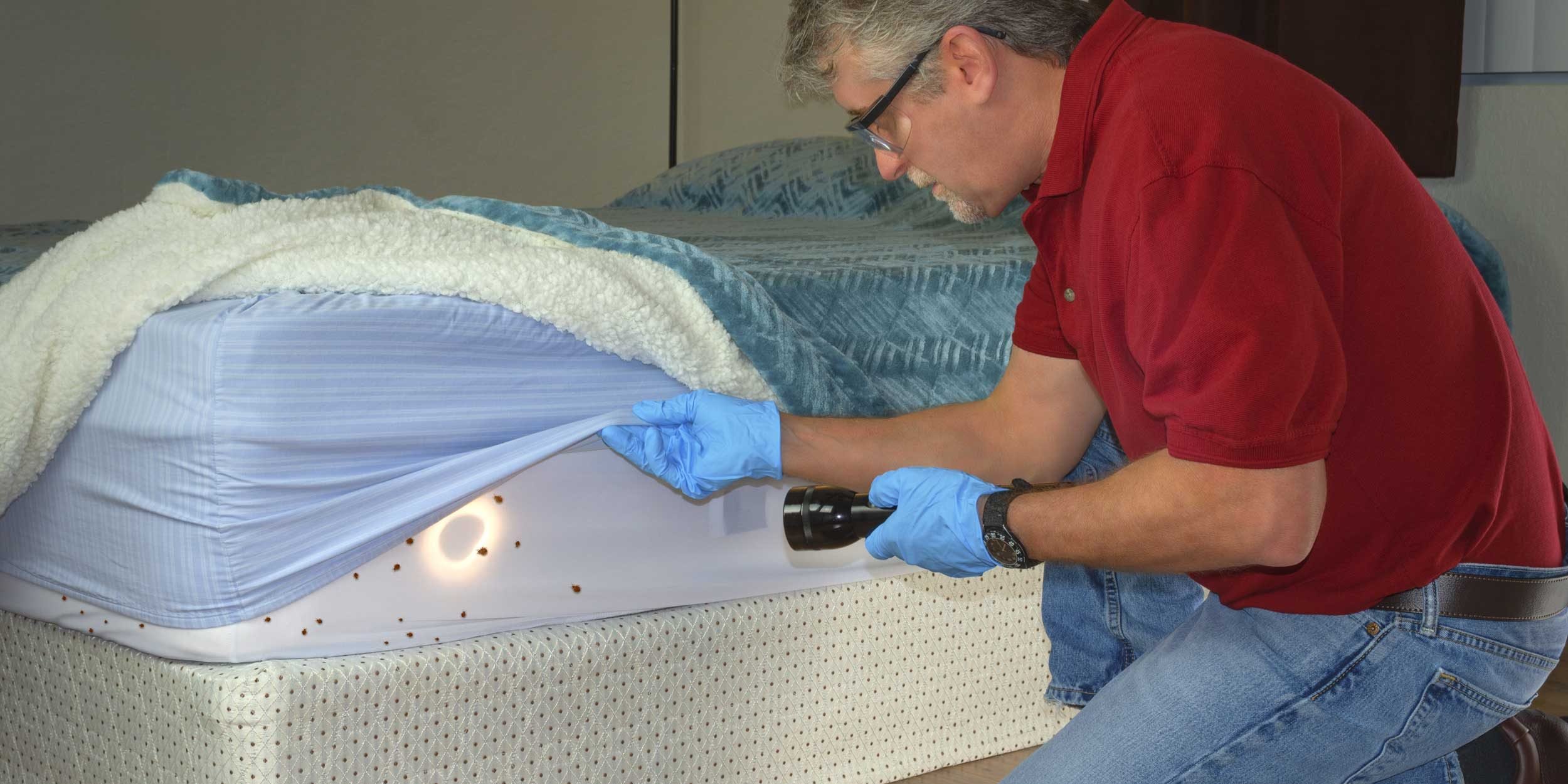Home>Furniture>Bedroom Furniture>How Long Do Bed Bugs Live Without Food
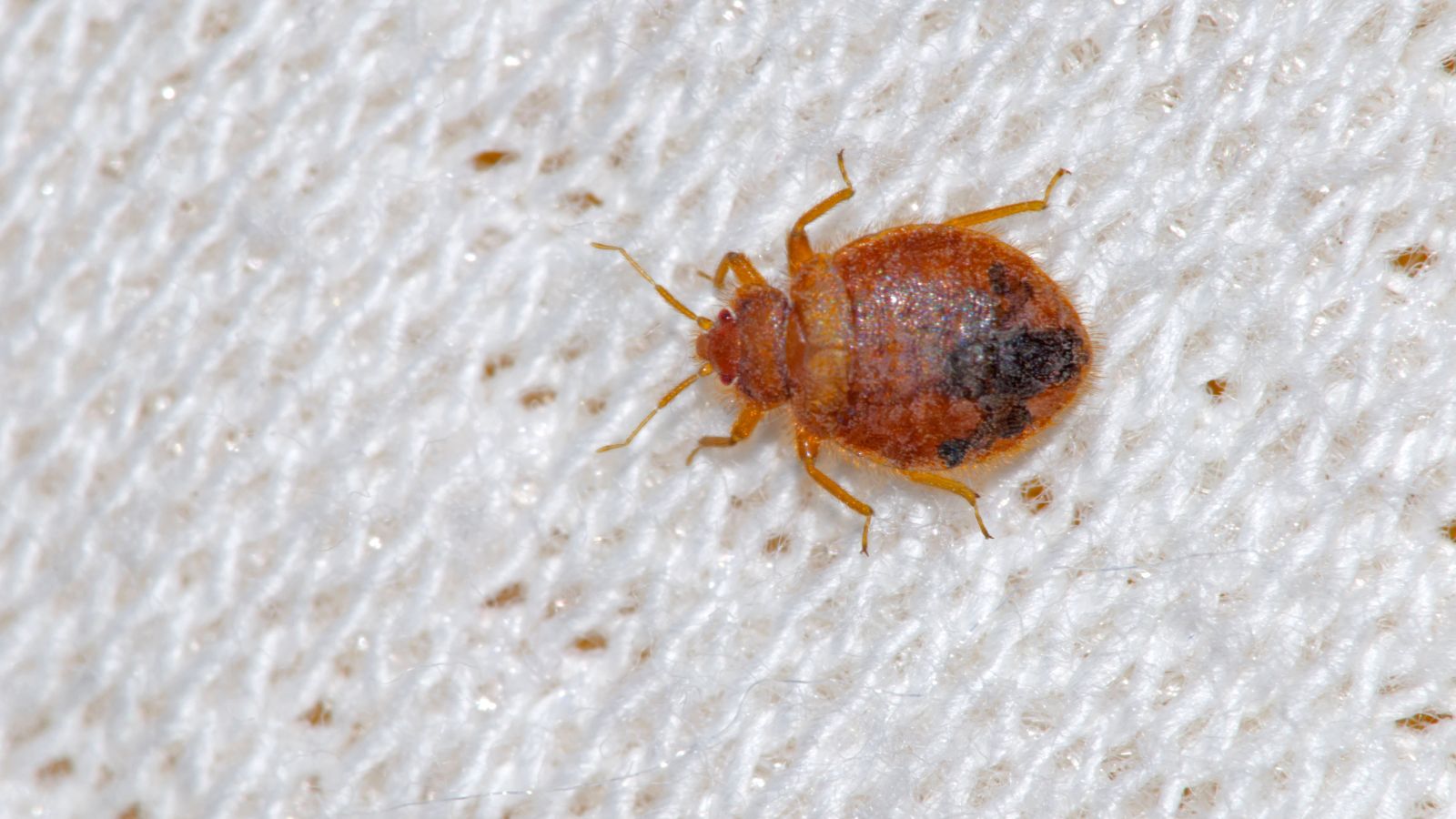

Bedroom Furniture
How Long Do Bed Bugs Live Without Food
Modified: January 9, 2024
Discover how long bed bugs can survive without food and learn how to protect your bedroom furniture from these persistent pests.
(Many of the links in this article redirect to a specific reviewed product. Your purchase of these products through affiliate links helps to generate commission for Storables.com, at no extra cost. Learn more)
Introduction
Bed bugs are pesky little creatures that can infest your bedroom and cause a lot of discomfort. One of the most effective ways to get rid of them is by depriving them of what they need to survive – food. Bed bugs feed on human blood, and without a regular blood meal, they cannot reproduce and eventually die. Understanding how long bed bugs can survive without food is crucial for developing effective strategies to eradicate them from your home.
In this article, we will delve into the factors that can affect the survival of bed bugs without food, as well as their average lifespan without a blood meal. We will also discuss strategies you can employ to starve these unwelcome guests out of your bedroom and keep your sleeping space bug-free.
Key Takeaways:
- Bed bugs can survive without food for 2 to 3 months, but a comprehensive pest control plan is essential for complete elimination. Implementing strategies like vacuuming and laundering bedding can starve them out effectively.
- Consistency and persistence are key in starving bed bugs out. Combine strategies like isolating infested items, using mattress encasements, and applying insecticides to reduce their food and hiding places, making survival difficult.
Read more: How Long Can Bed Bugs Live Without A Host
Factors Affecting Bed Bugs’ Survival Without Food
While bed bugs are resilient creatures, several factors can impact their ability to survive without a blood meal. These factors include:
- Temperature: Bed bugs thrive in temperatures between 70 to 80 degrees Fahrenheit. However, extreme heat or cold can be detrimental to their survival. High temperatures above 113 degrees Fahrenheit can kill bed bugs, while prolonged exposure to temperatures below freezing can also be lethal.
- Humidity: Bed bugs prefer environments with a humidity level of around 70%. However, they can survive in drier conditions for a limited period. Low humidity levels can dehydrate bed bugs, making it difficult for them to survive without moisture.
- Stage of Life: The life stage of a bed bug also plays a role in its ability to survive without food. Adult bed bugs can survive longer periods without feeding compared to nymphs, which require a blood meal to molt and mature.
- Health and Condition: The overall health and condition of a bed bug can impact its resilience. Healthy bed bugs with minimal damage or infestations are more likely to survive longer without feeding.
- Access to Hiding Places: Bed bugs are known for their ability to hide and find shelter in cracks, crevices, and other hiding spots. An abundance of hiding places can prolong their survival without food by providing protection from predators and adverse conditions.
It is important to note that while these factors can influence the survival of bed bugs without food, they are not foolproof methods for eradicating an infestation. Implementing a comprehensive pest control plan is essential for effectively eliminating bed bugs from your home.
Bed Bugs’ Lifespan Without Feeding
The lifespan of a bed bug without feeding can vary depending on various factors. However, on average, adult bed bugs can survive without a blood meal for about 2 to 3 months. This timeframe is influenced by the temperature, humidity, and health of the bed bugs.
As mentioned earlier, nymphs, which are the young bed bugs, require a blood meal to molt and progress through their life stages. Therefore, nymphs have a shorter survival period without feeding compared to adult bed bugs.
It’s important to note that the ability of bed bugs to survive without food is quite remarkable. They have evolved to withstand long periods of starvation, making them difficult to eliminate. This is why a comprehensive and persistent approach is necessary when dealing with a bed bug infestation.
Bed bugs can slow down their activity and metabolism when deprived of food, conserving energy to survive for longer periods. They can also go into a state of dormancy or diapause, where their bodily functions significantly slow down to conserve energy and extend their survival time. Consequently, this makes it challenging to completely eradicate bed bugs without professional intervention.
It’s crucial to understand that even though bed bugs can survive without feeding for a few months, they will eventually need a blood meal to reproduce and continue their life cycle. This means that if you starve bed bugs for an extended period, it may significantly reduce their population, but it might not completely eliminate them from your living space.
To effectively eliminate bed bugs, it is recommended to combine various treatment methods, such as thorough cleaning, vacuuming, hot washing and drying of bedding and clothing, steaming, and using insecticides specifically designed for bed bug eradication. Professional pest control services can also provide effective treatment options, including heat treatments, fumigation, and targeted insecticide application.
Now that we have discussed the lifespan of bed bugs without feeding, let’s move on to some strategies you can employ to starve bed bugs out of your home.
Bed bugs can survive without feeding for 20-400 days, depending on temperature and humidity. Regular inspections and early detection are key to preventing infestations.
Strategies for Starving Bed Bugs Out
To effectively starve bed bugs out of your home, it’s important to implement a combination of strategies that target their sources of food and hiding places. Here are some effective strategies to consider:
- Isolate and quarantine infested items: Remove any infested items such as bedding, clothing, and curtains and seal them in plastic bags. This will prevent bed bugs from accessing these items for a blood meal and help contain the infestation.
- Vacuum regularly: Vacuuming is an excellent way to physically remove bed bugs and their eggs from infested areas. Be sure to use a vacuum with a HEPA filter to capture all the pests effectively. After vacuuming, seal and dispose of the vacuum bag in a tightly sealed plastic bag to prevent any bed bugs from escaping.
- Declutter and clean: Reduce clutter in your bedroom to minimize hiding places for bed bugs. Regularly clean and scrub mattress seams, headboards, nightstands, and other potential hiding spots to remove any eggs or bed bugs that may be present.
- Wash and dry infested bedding and clothing: Launder infested bedding, clothing, and other washable items on the highest heat settings. The high temperature will kill bed bugs and their eggs effectively.
- Use mattress encasements: Invest in high-quality mattress encasements that are designed to prevent bed bugs from infesting your mattress. These encasements should be bed bug-proof and zippered tightly to trap any remaining pests inside.
- Apply residual insecticides: Consult with a professional pest control service to determine the appropriate insecticide treatment for your situation. Apply residual insecticides to cracks, crevices, and other hiding spots to kill bed bugs and interrupt their feeding cycle.
- Monitor and inspect: Regularly inspect your bedroom and other areas of your home for signs of bed bug activity. Monitor for any new bites, blood stains, fecal spots, or shed skins, and take immediate action if any signs are detected.
Remember, starving bed bugs out of your home requires consistency and persistence. It may take several weeks or months to completely eradicate the infestation. If the infestation persists or becomes overwhelming, it’s advisable to seek professional assistance for effective and targeted treatments.
By implementing these strategies and maintaining a clean and clutter-free environment, you can significantly reduce the food and hiding places available to bed bugs, making it difficult for them to survive and reproduce.
Now, let’s conclude our discussion.
Conclusion
Dealing with a bed bug infestation can be a frustrating and challenging experience. Understanding how long bed bugs can survive without food is crucial for developing effective strategies to starve them out and eradicate them from your home.
Factors such as temperature, humidity, life stage, health, and access to hiding places can all influence the survival of bed bugs without a blood meal. Adult bed bugs can generally survive for about 2 to 3 months without feeding, while nymphs have a shorter survival period.
While it is impressive how long bed bugs can survive without food, it’s important to remember that a comprehensive pest control plan is necessary for complete elimination. Implementing strategies such as isolating infested items, regular vacuuming, decluttering, laundering infested bedding, using mattress encasements, applying insecticides, and monitoring for signs of activity are all effective approaches to starve these unwelcome pests out of your home.
However, it’s important to note that if the infestation persists or becomes overwhelming, seeking professional assistance is highly recommended. Pest control professionals have the expertise and resources to safely and effectively eliminate bed bugs from your home.
Remember, consistency and persistence are key when it comes to starving bed bugs out. By combining various strategies and maintaining a clean and clutter-free environment, you can significantly reduce the food and hiding places available to bed bugs, making it difficult for them to survive and reproduce.
Keep in mind that prevention is also essential to avoid future infestations. Always be cautious when traveling or bringing second-hand furniture into your home, as these are common ways bed bugs can enter your living space.
By staying vigilant, acting promptly, and employing effective strategies, you can take control of your home and ensure a peaceful, bed bug-free environment for better sleep and peace of mind.
Frequently Asked Questions about How Long Do Bed Bugs Live Without Food
Was this page helpful?
At Storables.com, we guarantee accurate and reliable information. Our content, validated by Expert Board Contributors, is crafted following stringent Editorial Policies. We're committed to providing you with well-researched, expert-backed insights for all your informational needs.
